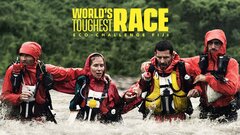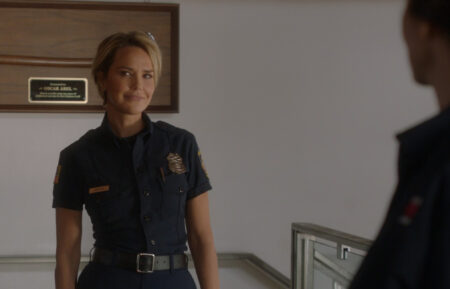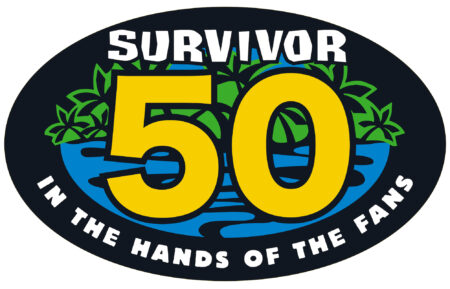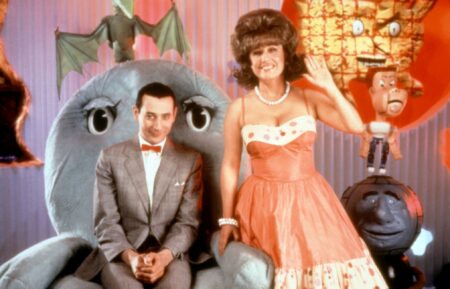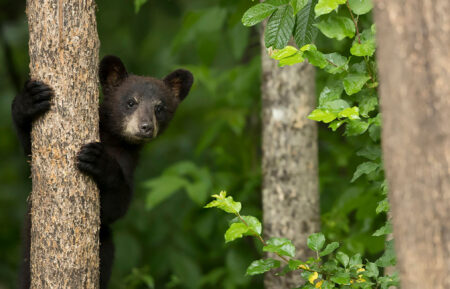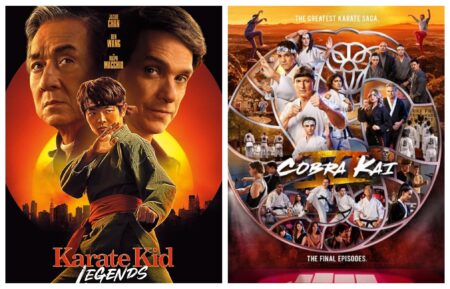Just How Tough Is ‘World’s Toughest Race: Eco-Challenge Fiji’?
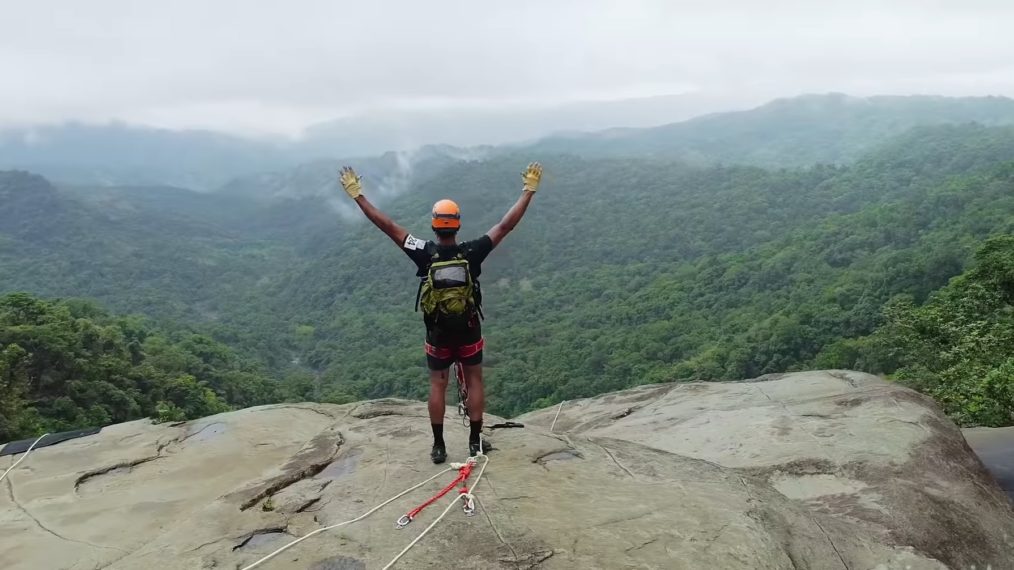
Amazon calls its new show World’s Toughest Race for good reason: The reality competition series makes The Amazing Race look like a walk in the park.
World’s Toughest Race: Eco-Challenge Fiji, premiering on Amazon Prime Video on August 14, picks up the mantle of the previous Eco-Challenges, which were broadcast from 1995 to 2002 on MTV, ESPN, Discovery, and USA.
But how tough is this iteration of the race? Well, for starters, 66 teams from 30 countries are racing nonstop for 11 days across 417 miles of mountains, swamps, jungles, rivers, and ocean in and around Fiji—using only a map and a compass for navigation.
In promos for the show, host and survival expert Bear Grylls calls the course “brutal.” And this is a guy who climbed Mount Everest 15 months after breaking three vertebrae in a parachute malfunction during his time with the Special Air Services.
As for the contestants, Team Flying J—Guy Larocque, 60, and Brian Johnson, 45—discussed their race journey in a recent interview with The Orange County Register. And Johnson, for one, agrees with Grylls’ assessment.
“Man, it really is brutal,” he told the newspaper. “It’s death-defying. It’s taking things to the limits. You’re pushing your body; you’re exposing yourself; there’s all these things that can happen, it’s the real deal.”
Larocque added: “We didn’t know what we were doing until we got to the checkpoint. When we got to the checkpoint, they gave us our coordinates and maps so we had to figure out where we were going. Then at that point, we knew if we were going for a hike, on a bike, are we on water? Are we paddling? Are we climbing? So everyday was just anticipation.”
On the show, Team Flying J and the others vie for a $100,000 first-place prize. And unlike The Amazing Race, where the race pauses at most pit stops, the competition never stops in World’s Toughest Race. Every moment a team spends sleeping or nursing their injuries is a moment they might fall behind.
“It’s like doing an Ironman back-to-back-to-back everyday for days with little to no sleep,” said Larocque, who also competed in the 1996 Eco-Challenge. “One of the toughest obstacles of this race ultimately, it really wasn’t the environment, it wasn’t our gear, it wasn’t the weather, it was sleep deprivation. How do you train for sleep deprivation?”
The Eco-Challenge website specifies that all contestants must get medical assessment certificates signed by qualified physicians, attesting that they’re capable of participating in the race. And the Register notes that the teams also had to pass assessment tests in canyoneering, mountaineering, mountain biking, whitewater rafting, sea kayaking, and even camel riding (!) to be considered for the show.
“So yes,” Larocque concluded. “Absolutely, it’s the toughest thing I’ve ever done.”
World’s Toughest Race: Eco-Challenge Fiji, Series Premiere, Friday, August 14, Amazon Prime Video

